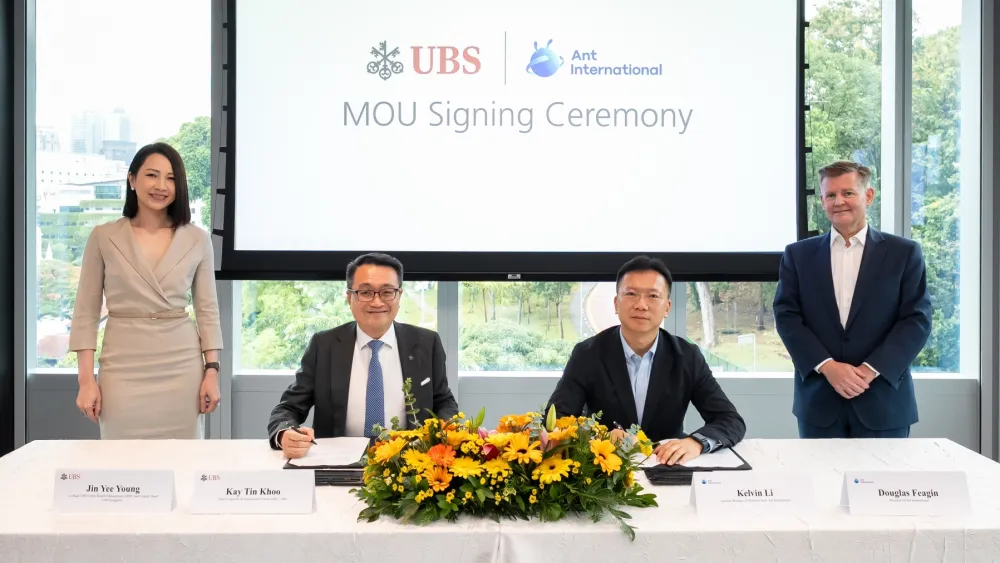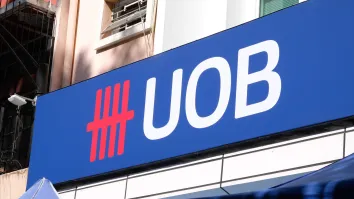
HSBC cuts Philips’ currency transactions in China
‘Netting’ cut Philips’ cross-border transactions from 4,000 yearly to just one a month.
HSBC has launched a cross-currency netting solution in China that helped Koninklijke Philips NV — known globally as electronics giant Philips — reduce thousands of cross-border transactions into a single renminbi (RMB) deal.
Using HSBC's pioneering Treasury solution, the Dutch multinational company managed to cut the number of its intra-group cross-border transactions from 4,000 annually across seven currencies into a single RMB transaction each month, the London-based lender said in a statement.
The cross-currency netting solution is only the latest in “a long line of innovative solutions” that the British lender will offer in China, Yvonne Yiu, HSBC Asia-Pacific co-head of global payment solutions, told Asian Banking & Finance.
“In the past, we’ve launched ECom Direct, which allows merchants on the mainland to collect RMB-denominated sales receivables directly from overseas e-commerce platforms,” she said in an emailed reply to questions. “We are also among the first banks in China to offer both wholesale and retail eCNY services.”
E-CNY is a digital legal tender issued by the People's Bank of China (PBoC), China's central bank, that is stored on a digital wallet.
Before HSBC’s Treasury solution, Philips had to manually process cross-border payments, costing time and money from its mainland and overseas operations, HSBC said.
Currency netting, where a company offsets multiple payments due in different currencies between two or more parties — calculating a single net amount that needs to be paid — effectively cuts costs in foreign exchange conversions.
Without the HSBC solution, Philips’ nine mainland Chinese entities, including 17 business units, could not be integrated into the global netting structure.
HSBC and Philips got the consent of the PBoC to roll out the netting solution, making use of Philips’ existing cross-border cash pool set up under the Chinese central bank’s free trade enterprise structure.
Starting 2025, HSBC and Philips will convert into RMB the intra-group cross-border foreign currency payments and receipts of Philips entities in Mainland China. The conversion will use the Philips in-house bank’s exchange rate to calculate the company’s RMB netting settlement.
Only one cross-border settlement will then have to take place between Philips' domestic netting center and another one overseas. Each company or division settles a single netting transaction in RMB with the domestic netting center.
Yiu said multinational companies need “centralised and optimised” Treasury processes in Mainland China to thrive.
Last year, HSBC launched zero-fee international transfers for retail customers in Singapore. It also claims to be the first foreign bank in Mainland China to offer an omni-collect cash management solution service that operates across all major digital channels.



















 Advertise
Advertise











